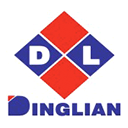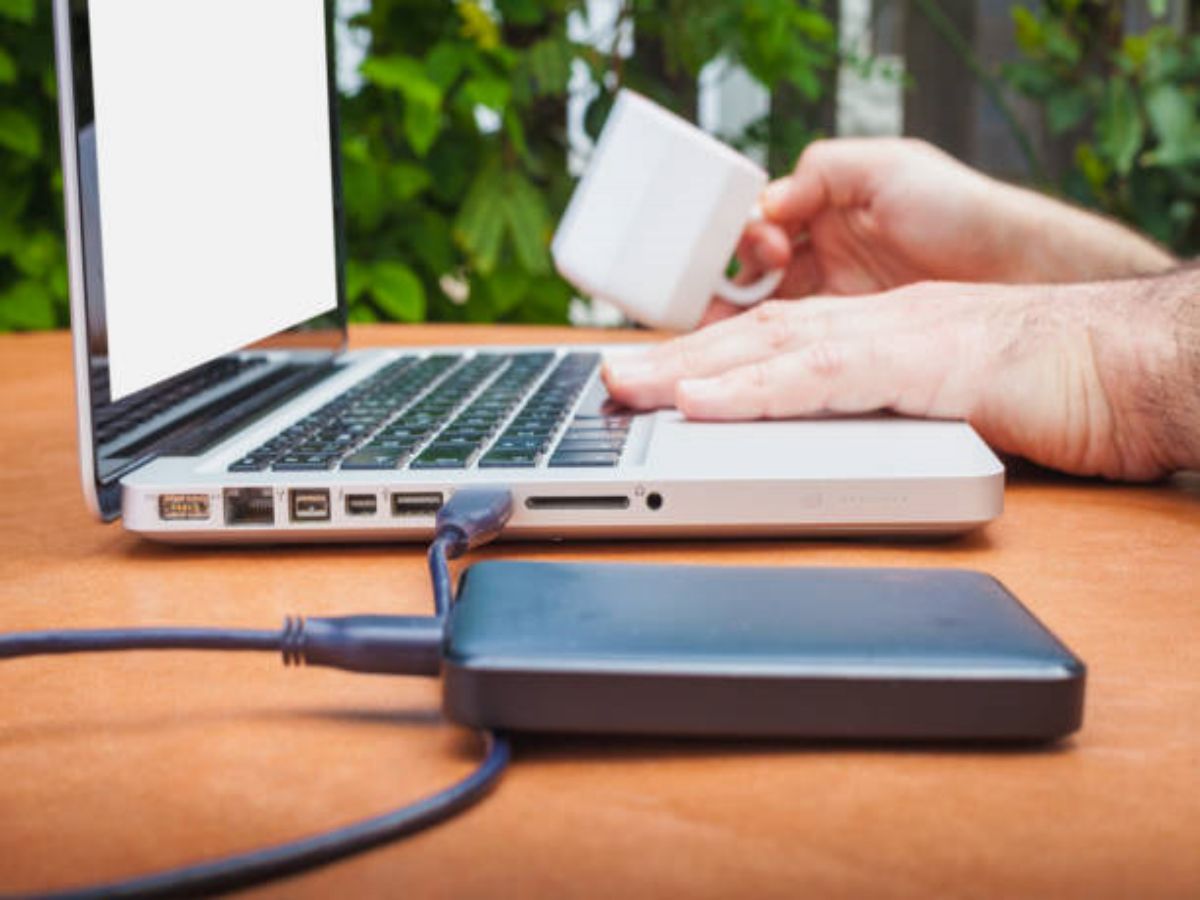Introduction
custom usb connectors are becoming increasingly popular in today's digital age. These versatile devices are used to connect various electronic devices and enable data transfer, charging, and other functionalities. In this comprehensive guide, we will explore the different aspects of custom USB connectors, including their types, applications, benefits, and how to choose the right one for your needs.
Types of Custom USB Connectors
Custom USB connectors come in various types, each designed for specific purposes. Here are some of the most common types:
1. Type-A Connector
The Type-A connector is the standard USB connector that most people are familiar with. It is rectangular in shape and commonly found on computers, laptops, and charging adapters. Type-A connectors are widely used for data transfer and charging purposes.
2. Type-B Connector
The Type-B connector is typically found on peripheral devices such as printers, scanners, and external hard drives. It has a square shape with two beveled corners, allowing it to be inserted in only one orientation. Type-B connectors are used for data transfer between the peripheral device and the computer.
3. Mini-USB Connector
Mini-USB connectors are smaller in size compared to Type-A and Type-B connectors. They were commonly used in older mobile phones, digital cameras, and MP3 players. However, Mini-USB connectors have been largely replaced by the more compact Micro-USB and USB-C connectors.
4. Micro-USB Connector
Micro-USB connectors are widely used in smartphones, tablets, and other portable devices. They are smaller than Mini-USB connectors and feature a symmetrical design, allowing for reversible insertion. Micro-USB connectors support both data transfer and charging functionalities.
5. USB-C Connector
USB-C connectors are the latest standard in USB technology. They are small, reversible, and capable of transferring data at high speeds. USB-C connectors are increasingly adopted by smartphones, laptops, and other devices due to their versatility and ability to support various protocols, including Thunderbolt 3 and USB 3.1.
Applications of Custom USB Connectors
Custom USB connectors find applications in a wide range of industries and devices. Here are a few examples:
1. Consumer Electronics
Custom USB connectors are extensively used in consumer electronics, including smartphones, tablets, gaming consoles, and smart home devices. These connectors enable data transfer, charging, and connectivity with other devices.
2. Automotive
In the automotive industry, custom USB connectors are used for various purposes, such as connecting smartphones for hands-free calling, music playback, and charging. They are also used in infotainment systems and USB ports for passengers.
3. Industrial Automation
Custom USB connectors play a crucial role in industrial automation systems. They are used for connecting sensors, actuators, and other devices to controllers, enabling efficient data exchange and control.
4. Medical Devices
Medical devices often utilize custom USB connectors for data transfer between devices, such as patient monitors, diagnostic equipment, and medical imaging systems. These connectors ensure reliable and secure data transmission.
5. Aerospace and Defense
In the aerospace and defense sector, custom USB connectors are employed in various applications, including avionics systems, communication devices, and control panels. They provide a reliable and standardized interface for data transfer.
Benefits of Custom USB Connectors
Custom USB connectors offer several advantages over standard connectors. Here are some key benefits:
1. Flexibility
Custom USB connectors can be tailored to meet specific design requirements, allowing for seamless integration into various devices and systems. Manufacturers can choose the connector's form factor, pin configuration, and additional features to optimize performance.
2. Branding and Aesthetics
Custom USB connectors provide an opportunity for companies to showcase their branding and enhance the overall aesthetics of their products. Connectors can be customized with logos, colors, and unique designs, creating a distinctive look.
3. Enhanced Functionality
Custom USB connectors can be designed with additional functionalities, such as waterproofing, EMI/RFI shielding, and locking mechanisms. These features improve the durability, reliability, and performance of the connectors in challenging environments.
4. Cost-Effective Solutions
While custom USB connectors may initially seem more expensive than off-the-shelf options, they often provide cost-effective solutions in the long run. Custom connectors can optimize space utilization, reduce assembly time, and minimize maintenance and replacement costs.
5. Improved Performance
By customizing USB connectors, manufacturers can ensure optimal performance in terms of data transfer speeds, power delivery, and compatibility with specific protocols. This leads to enhanced user experience and overall product performance.
Choosing the Right Custom USB Connector
When selecting a custom USB connector for your application, several factors should be considered:
1. Device Compatibility
Ensure that the connector is compatible with the devices you intend to connect. Consider factors such as the device's USB version, power requirements, and data transfer capabilities.
2. Environmental Conditions
If your application involves harsh environmental conditions, choose a custom USB connector that is designed to withstand such conditions. Look for features like ruggedized housings, IP-rated sealing, and wide operating temperature ranges.
3. Connector Specifications
Pay attention to the connector's specifications, including its form factor, pin configuration, and mounting options. These specifications should align with your device's requirements and design constraints.
4. Customization Options
Consider the level of customization offered by the manufacturer. Can they create a unique design that aligns with your brand identity? Can they incorporate additional features to enhance functionality?
5. Quality and Reliability
Choose a custom USB connector from a reputable manufacturer with a track record of producing high-quality products. Look for certifications and standards compliance to ensure reliability and performance.

